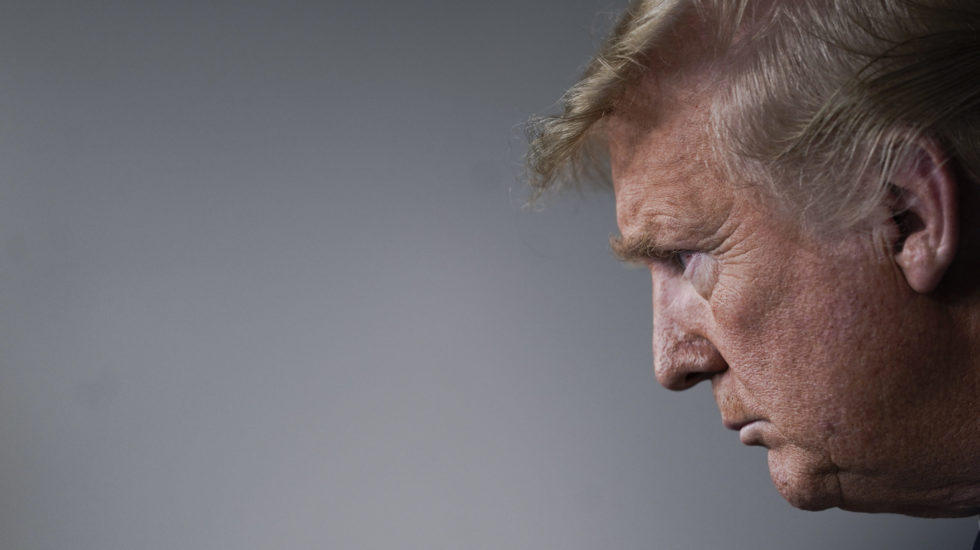Contradicting infectious disease experts, President Trump and some of his closest advisers contend the U.S. death toll from the Covid-19 coronavirus pandemic is lower than what’s been calculated, reports Axios.
“A senior administration official said he expects the president to begin publicly questioning the death toll as it closes in on his predictions for the final death count and damages him politically,” the news website says.
The latest count from Johns Hopkins University puts U.S. deaths at almost 72,000 and rising. Trump predicted on Sunday that it would go no higher than 100,000.
In fact, Axios says, “There is no evidence the death rate has been exaggerated, and experts believe coronavirus deaths in the U.S. are being undercounted — not over-counted.”
“The number of people dying over the past few weeks, in many parts of the country, is a lot higher than average, suggesting that the official count of coronavirus-related deaths is still missing tens of thousands of people,” Axios says.
The death count is inaccurately low, the experts say, because of major testing problems that persist even now in many places — and because some states don’t count “probable” Covid-19 deaths.
Axios quotes a “senior White House official” as saying such “probable” death numbers are exactly the problem.
“The numbers have been revised up to include presumptive cases — meaning deaths that are believed to be related to [Covid-19] but not known for sure,” the official said, so Trump has “expressed the need to properly convey that to American people so they’re not startled by why numbers ticked up.”
In other words, when voters cast their ballots in November, Trump doesn’t want them thinking that his careless handling of the virus threat added substantially to the number of Americans who died.
